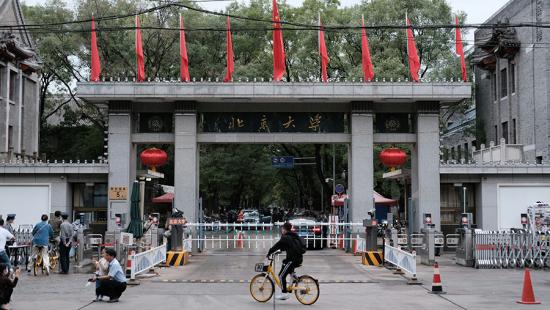Kristina Hill: Hybrid Strategies for Adapting to Sea Level Rise in Cities

Kristina Hill: Hybrid Strategies for Adapting to Sea Level Rise in Cities image / Austin Neill on Unsplash
Abstract
Myriad adaptation strategies exist for flooding, from landform manipulation to realignment of buildings and roads. Long before our era, some of the first human cities were the last to experience rapid sea level rise. These cities offer lessons in adaptation, as do indigenous American cities. The language and spatial forms we develop can be hybridized to re-conceive our response to the challenges we face, and offer a new map that is not flattened by fear to include only retreat or defense. This talk breaks from that approach by presenting international history and strategies for adaptation that take into account the newest scientific findings about rising coastal groundwater.
Biography
Kristina Hill develops research on sea level rise and design strategies for adaptation to coastal flooding. Her work identifies synergies between infrastructure investments, biodiversity, and environmental justice. Her most recent research paper in the AGU journal Earth’s Future identified contaminated sites in the San Francisco Bay Area that are exposed to rising groundwater near the coast. Hill has contributed to adaptation plans for a diverse group of US cities, federal agencies, and the Rockefeller Foundation; she lectures internationally about her research, and her ideas have been featured in US and international media (PBS’s Sinking Cities, the podcast Hidden Brain, and the Guardian). Her PhD is from Harvard University, and she is Research Director of the Institute for Urban and Regional Development at UC Berkeley.







